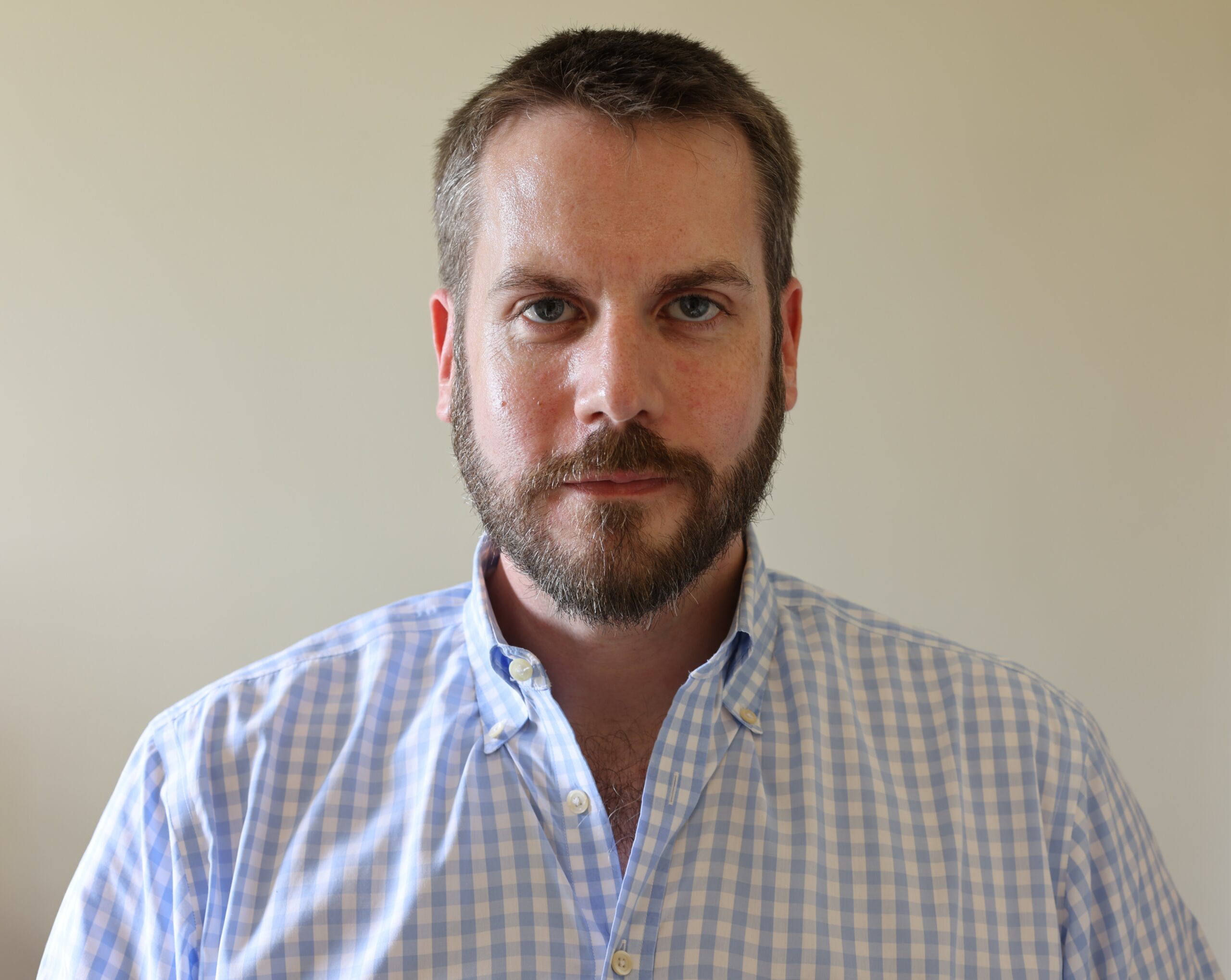In the astonishing global financial crisis of 2007–2008, thoughtful observers learned an important lesson: Leadership is a vastly consequential force in human affairs, particularly when it goes wrong. Indeed, in a world ruled by large organizations, a small number of CEOs make decisions that have far reaching social and economic consequences, determining the fate of human affairs. From a social perspective, poor leadership creates dysfunctional, authoritarian cultures that impose major health hazards on powerless subordinates. A leader who is too passive can likewise wreak havoc in an organization, destroying alignment and wasting resources. Strong leaders may bend the organization to their will, but lose or alienate followers in the process.
Perhaps it’s not surprising that a wide range of scientific studies suggest that CEO personality characteristics are a major driver of organizational culture, and in turn objective measures of firm performance.
Thoughts from a more-than-occasional writer
